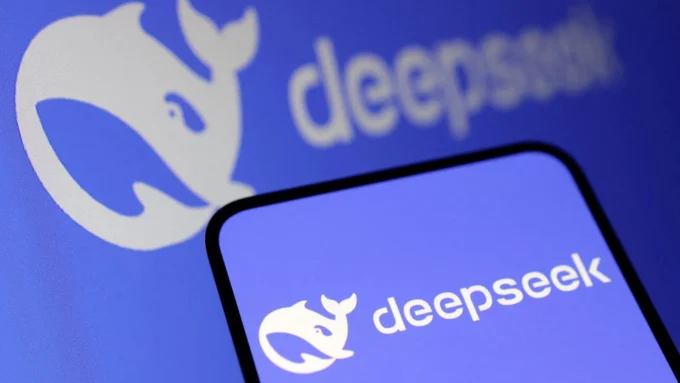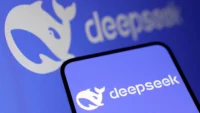Tech moves fast—stay faster.
Tech moves fast—stay faster.
Forget Students—Nigerian Lecturers Are Using AI Quietly, Consistently, and Creatively


By Evolution Staff • June 23, 2025
When AI tools like ChatGPT and Grammarly entered the education space, the spotlight immediately turned to students. How would schools detect plagiarism? Would essays lose their meaning? Could exams even survive?
But while student usage remains a concern, a more underreported story is emerging: Nigerian lecturers are using AI too—often with purpose, and increasingly, without apology.
A Shift in Focus
As classroom surveillance tools intensified, scrutiny shifted from how students were using AI to how faculty members were deploying it. And across Nigeria, especially in public universities with underfunded departments and high student-to-lecturer ratios, AI has become a vital support system.
How Lecturers Are Using AI
- Drafting Lecture Notes: Educators use LLMs to generate lesson frameworks based on course objectives.
- Research Support: AI helps summarize papers, translate academic material, and sort references for literature reviews.
- Communication: Many use ChatGPT or Claude to polish student feedback, emails, and institutional proposals.
- Admin Efficiency: Routine tasks like form letters, grading rubrics, and scheduling are being semi-automated to reduce burnout.
Case Example: A Lecturer at UNILAG
“I teach five courses and supervise 12 undergraduates. There’s no time for inefficiency,” said a lecturer at the University of Lagos. “I use ChatGPT to brainstorm module outlines or even reword grant proposals. It’s not about cheating—it’s about coping.”

The Double Standard?
While students face strict penalties for unauthorized AI use, faculty are rarely questioned. Some argue that AI use is fine when it enhances productivity, but institutions need to set standards. “If AI is a tool, it should be regulated fairly for both sides,” says an education researcher at Bayero University, Kano.
Institutional Silence
So far, many universities have no formal AI guidelines for faculty. This regulatory gap has allowed informal use to flourish—but it also exposes staff to potential ethical gray zones. What happens if an AI-generated syllabus misrepresents the subject? Who’s accountable?
Broader Implications
The Nigerian education system—like many globally—is in a transition phase. Lecturers adopting AI tools reveal both the possibilities and pressures of modern academia. At its best, AI is a teaching co-pilot. At its worst, it becomes a crutch for under-resourced institutions.

Conclusion
Nigerian lecturers are quietly rewriting the rulebook for AI in education. What started as a “student issue” is now an institutional evolution—and one that deserves clearer policies, better training, and open discussion. Because in the 21st-century classroom, everyone—teachers included—is learning to use AI.
Additional References:
- TechCabal (@techcabal)
- National Universities Commission Nigeria (@nucnigeria)
- UNILAG Academic Affairs (@unilagnofficial)
- EdTech Hub Africa (@edtechhub)
- Nigerian Academic Staff Union Reports (@nigerianacademicunion)
Explore more
Snowcap Compute Raises $23M for Superconducting AI Chips Promising 25× Efficiency Gains
By Farhan Ali • June 23, 2025 Snowcap Compute, a U.S.-based semiconductor...
SandboxAQ and Nvidia Partner to Speed Up Drug Discovery with Quantum-Enhanced AI Models
By Farhan Ali • June 23, 2025 SandboxAQ has announced a strategic...
AI Startups Dominate North American VC with 70% Share, Signaling Explosive and Risky Growth
By Farhan Ali • June 23, 2025 Venture capital in North America...
Ola Krutrim Launches Kruti: India’s First Multilingual Agentic AI Assistant
By Farhan Ali • June 23, 2025 India’s AI race just leveled...















Leave a comment